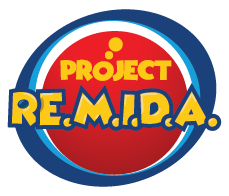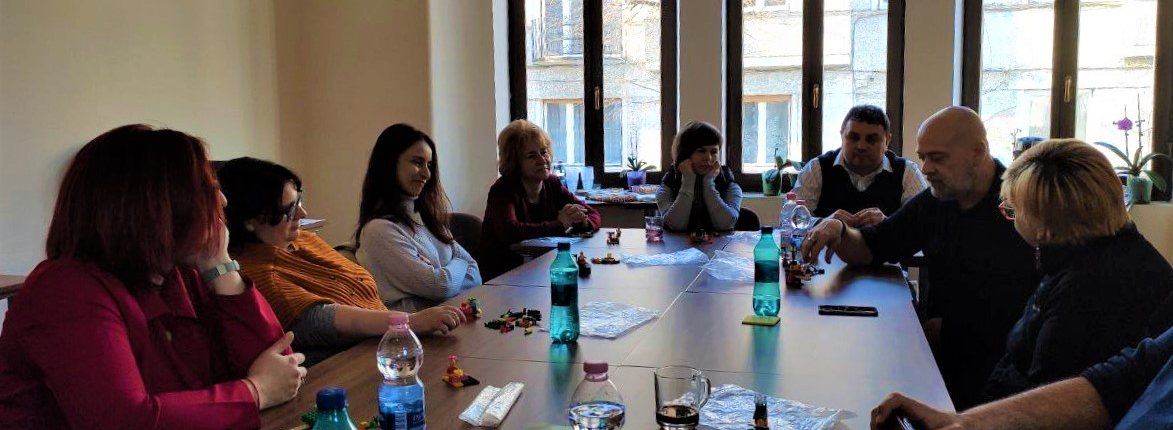Background
The project R.E.M.I.D.A. intends to help tackle the problem of socio-occupational exclusion of disadvantaged adults over 45, aligning itself with the actions implemented by the Member States. Neither young nor old, often without parental support or the possibility of early retirement, trapped on the fringes of the labor market in a condition of chronic “inactivity”. They are the “older” unemployed, those who have lost their jobs after crossing the 45-year threshold.
An audience that has expanded in the crisis years: according to EUROSTAT data, if in Europe in 2006 there were less than 400,000 inactivated or discouraged over 45, in 2016 they became 670,000, showing an increase of approximately 72%. In Italy, for example, in 2006 there were 150,000 unemployed in the age group of 45 to 65 years; After ten years in 2016 they became 486,000. This means that unemployment over 45 years has increased by 224% in ten years. Today, more than ever, unemployment into most adulthood is likely to crystallize over time, also because they are often poorly educated, low-skilled or outdated skills and abilities, immigrants or former prisoners. Therefore, actions in support of the socio-occupational inclusion of the objective of adults over 45 at risk, both men and women in particular, are essential.
The need for Member States to develop support actions for adults furthest from the labor market and educational circuits was one of the priorities indicated in the Council Recommendation of 12/19/2016 on ways to improve the level of skills: new opportunities for adults, which requires the implementation of “motivational and awareness-raising measures, including awareness-raising on the benefits of improving the level of skills …” and “initial training and continuous professional development of dedicated staff to provide ways to improve the level of skills, particularly professional teachers and coaches. ” On the other hand, the Council Recommendation of 15/02/2016 on the inclusion of the long-term unemployed in the labor market stressed that “among the people most exposed to long-term unemployment are people with poor skills or qualifications, nationals of third countries, people with disabilities and disadvantaged minorities “.


